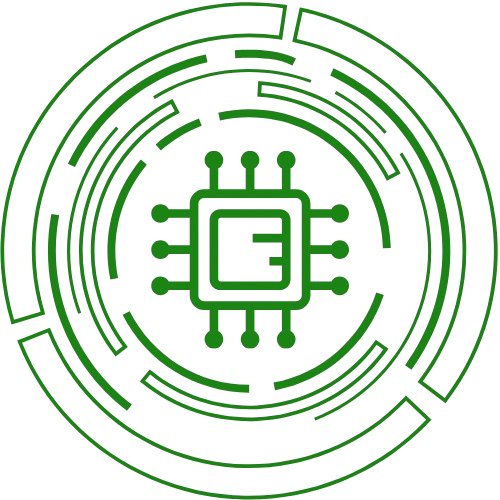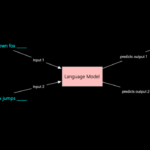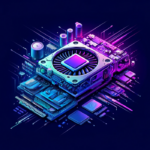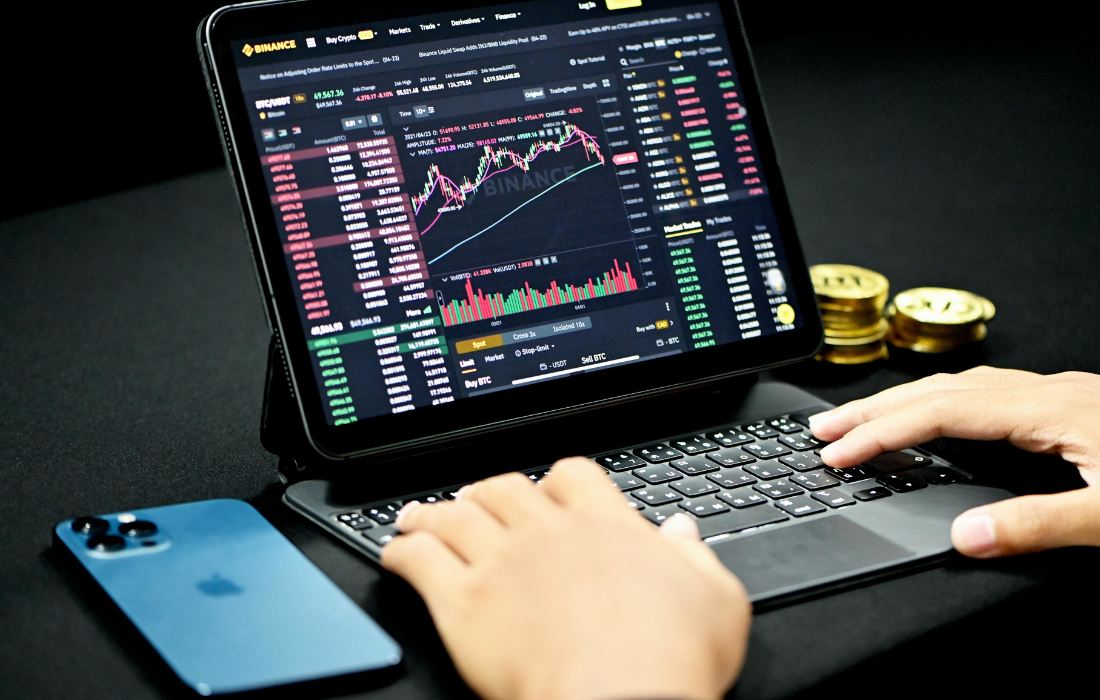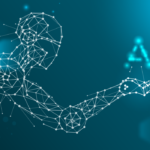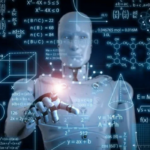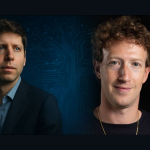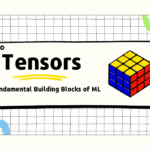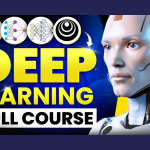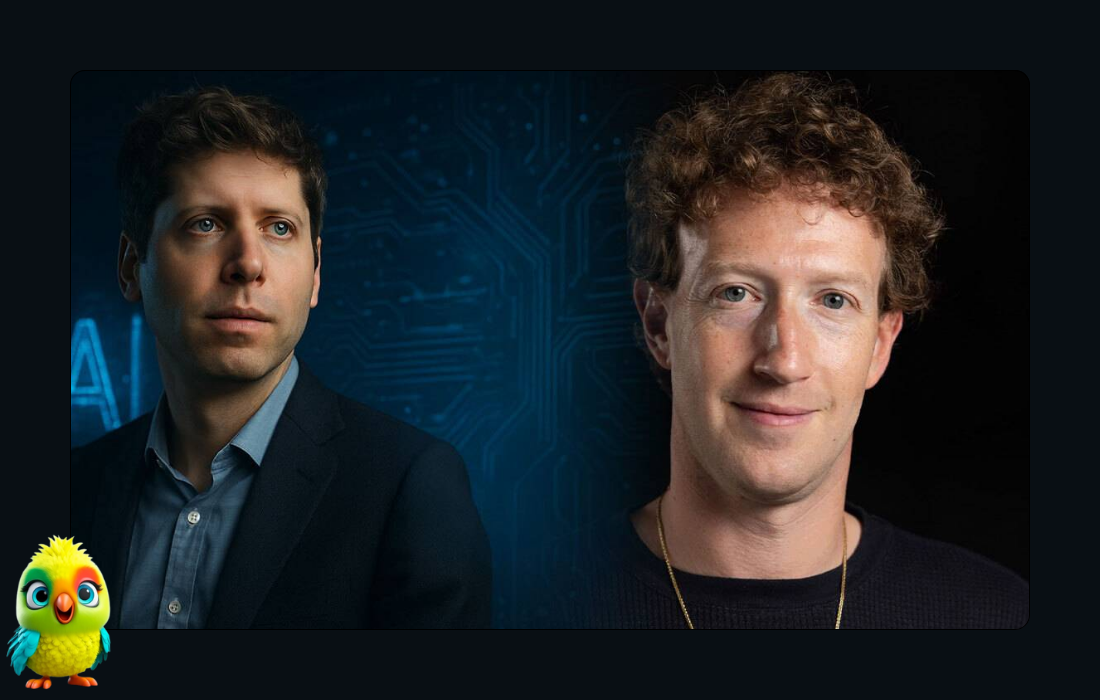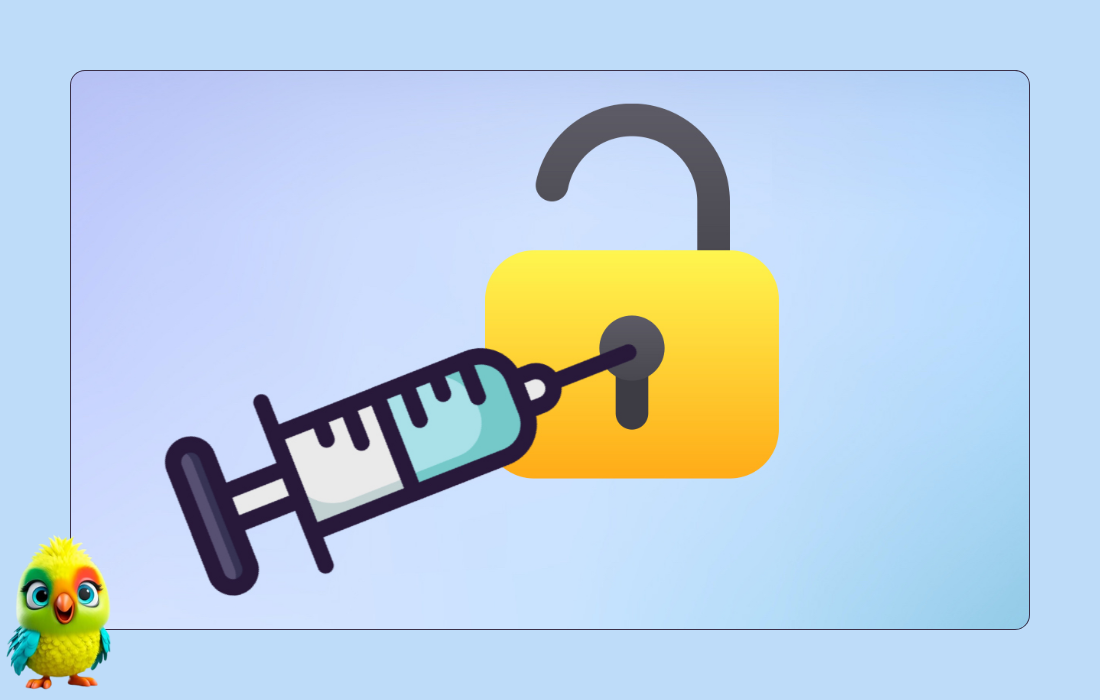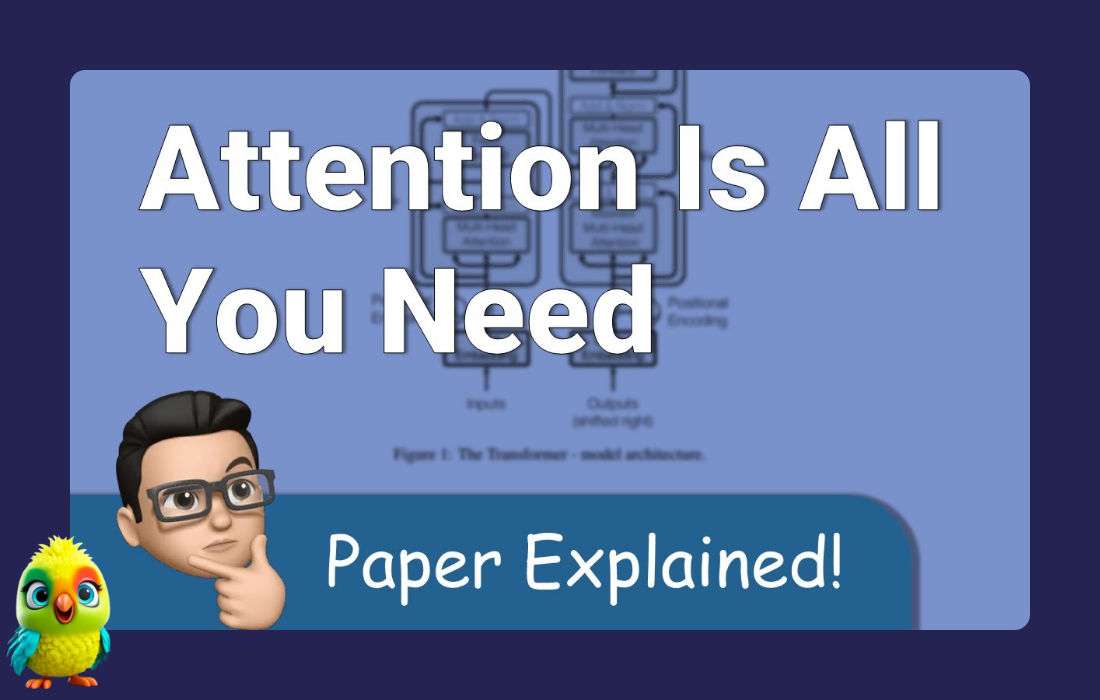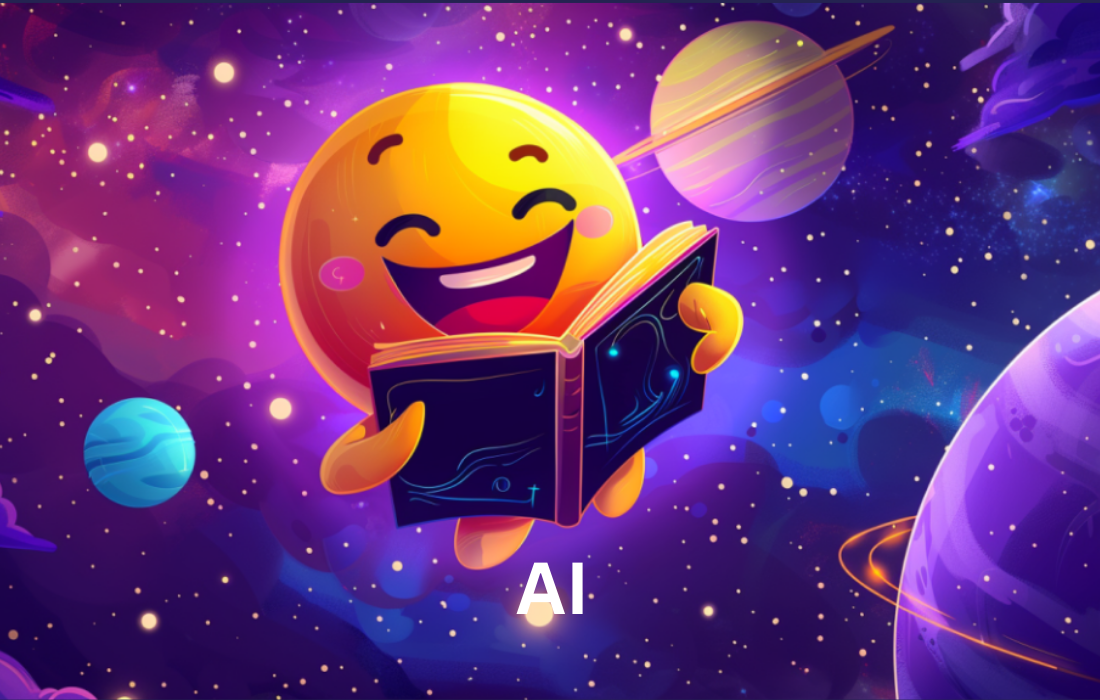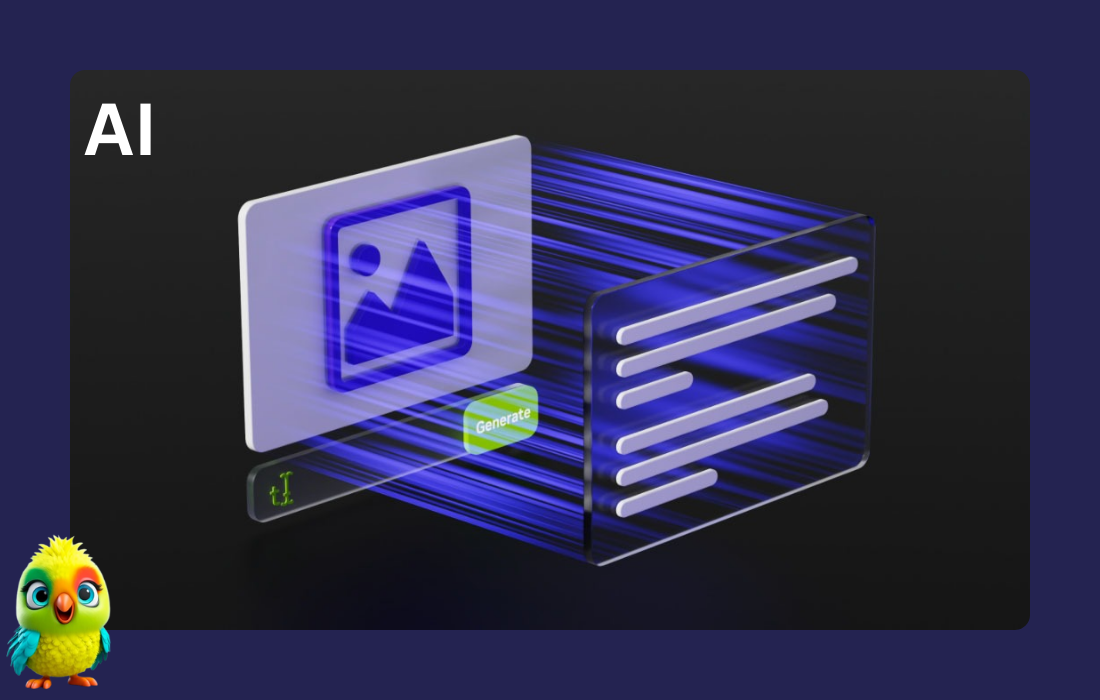Who Will Shape the Future of Artificial Intelligence?
Artificial Intelligence (AI) has become the central battleground for the world’s most powerful tech leaders. Among them, two figures stand out: Mark Zuckerberg, the founder and CEO of Meta (formerly Facebook), and Sam Altman, the CEO of OpenAI. Both men are driving innovation at an unprecedented pace, yet their approaches, philosophies, and business strategies differ significantly. This clash of titans isn’t just about technology—it’s about who will define the role of AI in society for decades to come.
Mark Zuckerberg: Building AI Into Social Connection
Zuckerberg’s journey with AI is closely tied to Meta’s core mission—connecting people. His strategy emphasizes integrating AI into everyday life through social platforms, communication tools, and the metaverse.
Read More Inner Workings of ChatGPT-4 AI Attention Blocks, Feedforward Networks, and More
Key Moves by Zuckerberg:
- LLaMA (Large Language Model Meta AI): Meta released open-source models like LLaMA and LLaMA 2 to compete with closed systems such as ChatGPT. Unlike OpenAI’s walled garden, Meta allows developers to tinker with and adapt its models freely.
- AI-Powered Social Platforms: Facebook, Instagram, and WhatsApp are increasingly run by AI—content recommendations, moderation, and advertising all rely heavily on algorithms.
- Metaverse Vision: Zuckerberg believes AI will fuel virtual avatars, immersive spaces, and augmented reality—blurring the lines between the physical and digital worlds.
Zuckerberg’s Philosophy:
Zuckerberg sees openness and accessibility as the way forward. By making models open-source, he hopes to democratize AI development, accelerate innovation, and position Meta as a foundational AI infrastructure provider.
Read More: India’s Quantum Breakthrough: QpiAI-Indus & QShield
Sam Altman: AI as the Next Industrial Revolution
Sam Altman, on the other hand, has positioned himself as the visionary steward of advanced AI systems. As CEO of OpenAI, he oversees ChatGPT and the GPT series, arguably the most famous AI tools in the world.
Key Moves by Altman:
- ChatGPT & GPT Models: Altman spearheaded the creation of GPT-3, GPT-4, and GPT-5, which power millions of daily conversations, enterprise solutions, and research tools.
- Partnership with Microsoft: Through a multibillion-dollar partnership, OpenAI secured the compute power of Microsoft’s Azure cloud while integrating AI into Office, Windows, and Bing.
- AI Safety & Regulation: Unlike Zuckerberg’s open approach, Altman stresses caution. He advocates for global AI regulation to prevent misuse and catastrophic risks.
Altman’s Philosophy:
Altman envisions AI as the most transformative technology in human history—comparable to electricity or the internet. But he warns it must be managed responsibly to prevent harm. He is betting on a hybrid strategy: closed development for safety, commercial deployment for growth, and global discussions on governance.
Read More: Building an AI Shopping Assistant with Python & Gradio: Virtual Try-On with MCP Servers
The Clash of Philosophies: Open vs. Controlled AI
At the heart of the AI battle lies a fundamental difference in approach:
- Zuckerberg’s Open Source Bet: Meta’s LLaMA models are free for researchers and developers, encouraging experimentation. This makes AI more accessible but raises concerns about misuse (e.g., deepfakes, cyberattacks).
- Altman’s Guarded Approach: OpenAI restricts access to its most powerful models, citing risks. This allows for controlled innovation but sparks criticism for limiting transparency and centralizing AI power.
Business Stakes: Who Wins the Market?
The AI market is projected to be worth trillions of dollars. Both leaders are carving out their empires:
- Meta’s Strengths: Social media dominance, advertising revenue, massive data sets, and a global user base. By embedding AI into daily social interactions, Meta ensures long-term relevance.
- OpenAI’s Strengths: Brand dominance with ChatGPT, enterprise partnerships with Microsoft, and first-mover advantage in conversational AI.
But the real battle may not be just between Zuckerberg and Altman—it’s also about which AI philosophy wins: free and open development vs. cautious and controlled deployment.
Read More: Introducing AI Sheets: A Revolutionary No-Code Tool for Dataset Management
The Battle for Talent: The “Engineer Wars”
One of the most underreported aspects of this rivalry is the theft of engineers between AI companies. Both Meta and OpenAI have engaged in aggressive recruitment battles:
- Meta poaching from OpenAI: Meta has lured away some of the brightest AI researchers who originally worked on GPT models, tempting them with higher salaries, stock options, and the promise of working on large-scale open-source projects.
- OpenAI countering: OpenAI has also hired engineers and scientists who previously worked at Meta’s AI division (FAIR – Facebook AI Research), leveraging their expertise in scaling AI systems.
- A War of Paychecks: Reports suggest that top AI engineers can now command $1–2 million annual compensation packages. This bidding war has escalated costs across Silicon Valley.
- Intellectual Property Concerns: Both sides quietly worry about proprietary techniques or trade secrets leaving with employees, making talent mobility a strategic weapon in the rivalry.
This “engineer theft” underscores how human capital, not just algorithms, is the real currency of the AI race.
Read this hacking story: How a Casino’s Aquarium Became a Hacker’s Gateway
The Bigger Picture: Humanity at the Crossroads
The AI battle between Zuckerberg and Altman reflects a larger debate about technology’s role in society:
- Should AI be open to all, even at the risk of misuse?
- Or should it be tightly controlled, even if that slows innovation?
Both paths carry risks and rewards. Zuckerberg’s vision could accelerate breakthroughs but may unleash chaos if abused. Altman’s approach may protect society but risks creating monopolies and stifling creativity.
Read More OpenAI Launches it’s Flagship Model GPT-5
Conclusion: Two Titans, One Future
As the AI arms race intensifies, the world is watching Zuckerberg and Altman closely. Each represents a distinct path forward—democratized AI for all vs. cautious AI for safety. The winner of this battle may not only dominate the AI market but also shape how humanity interacts with machines, knowledge, and each other for generations.
One thing is certain: The AI future will not be decided in labs alone—it will be forged in the clash of visions, values, and leadership between these two tech titans.
Read More: Microsoft Unveils 18 Generative AI for Beginners Series
